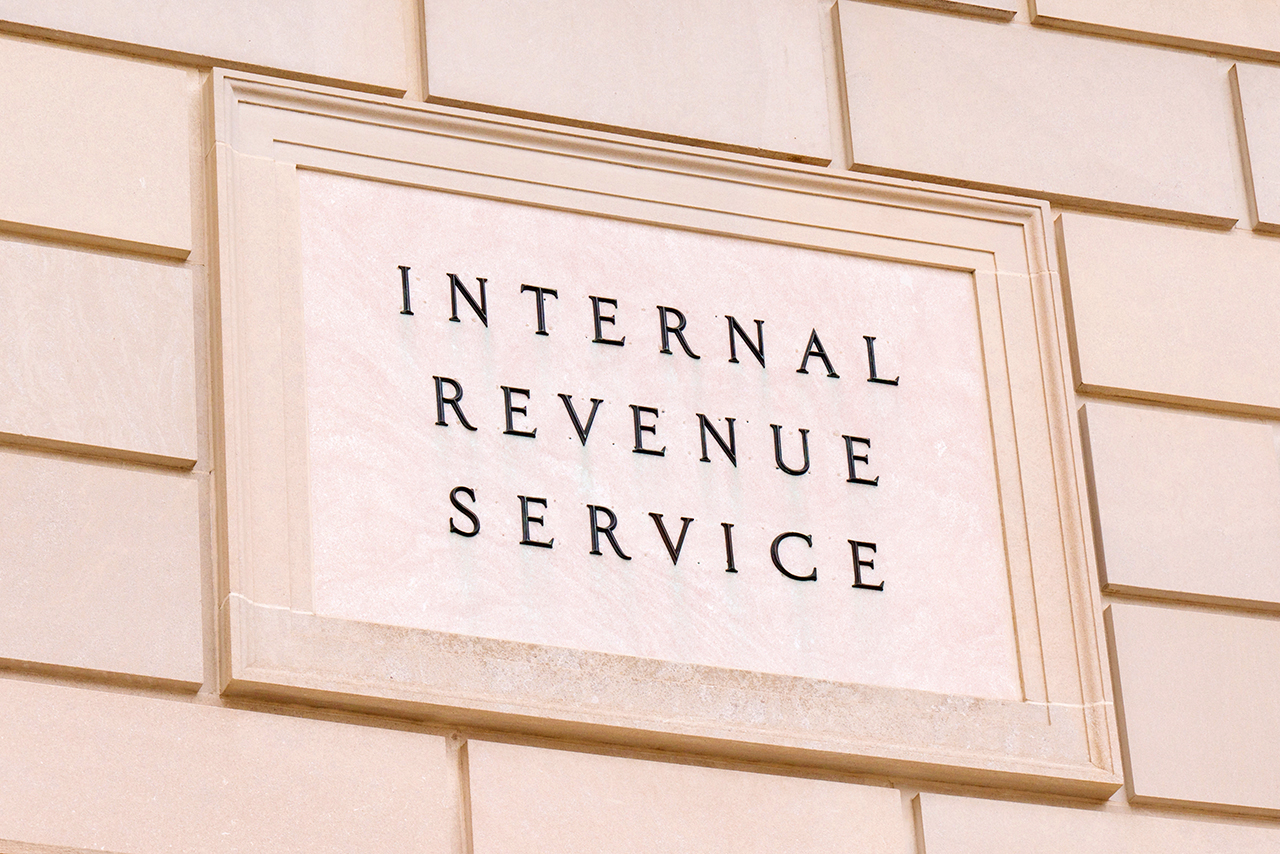2 minute read:
In the wake of the COVID-19 pandemic, the Internal Revenue Service (IRS) has instituted a number of important adjustments to employee benefits plan compliance rules. Recently, the IRS issued Notice 2020-29, which, among other provisions, provides employers and plan sponsors with discretion to expand the ability of its employees to make mid-year elections changes for Internal Revenue Code Section 125 (Cafeteria) Plans. While it is laudable that the IRS has given wider latitude to employers in responding to the unprecedented impact of COVID-19, employers should be aware of the potential impact such changes may have on Employer Shared Responsibility Provisions under the Patient Protection and Affordable Care Act (ACA).
Typically, elections for Cafeteria Plans are made at the start of the plan year and are considered irrevocable except in circumstances known as “permitted change in election events.” Permitted change in election events includes the birth or adoption of a dependent, marriage/divorce and changes in employment, among other circumstances. Notice 2020-29 gives employers and plan sponsors the ability to amend their Cafeteria Plan documents in order to allow plan beneficiaries to make prospective changes for the remainder of 2020, without requiring a specific permitted change in election event. Specifically, employers may amend their plans to allow employees to:
“(a) make a new election on a prospective basis, if the employee initially declined to elect employer-sponsored health coverage;
(b) revoke an existing election and make a new election to enroll in different health coverage sponsored by the same employer on a prospective basis; and
(c) revoke an existing election on a prospective basis, provided that the employee attests in writing that the employee is enrolled, or immediately will enroll, in other health coverage not sponsored by the employer…”
See Notice 2020-29. Individuals and businesses are facing unprecedented economic pressure due to COVID-19. These changes have the potential to allow employees to better adapt to this new and difficult reality. These changes also pose a risk to unwary employers under the ACA.
As a reminder to employers in conjunction with the Employer Shared Responsibility Payment (ESRP), the ACA’s Employer Mandate, Applicable Large Employers (ALEs) (organizations with 50 or more full-time employees and full-time equivalent employees) are required to offer Minimum Essential Coverage (MEC) to at least 95% of their full-time workforce (and their dependents) whereby such coverage meets Minimum Value (MV) and is Affordable for the employee or be subject to Internal Revenue Code (IRC) Section 4980H penalties.
In 2020, the affordability threshold has decreased to 9.78% of the Federal Poverty Level. Employers offering plans not deemed “affordable” under the ACA may be especially vulnerable to IRS penalties where employees revoke an existing election. The simple explanation for this compliance risk is that where an employee enrolls in coverage, even if it is considered not “affordable” under the ACA, the employer is generally shielded from penalties under IRC Section 4980H(b). That “shield” disappears if employees revoke elections and look to, for example, the Health Care Exchanges for coverage.






